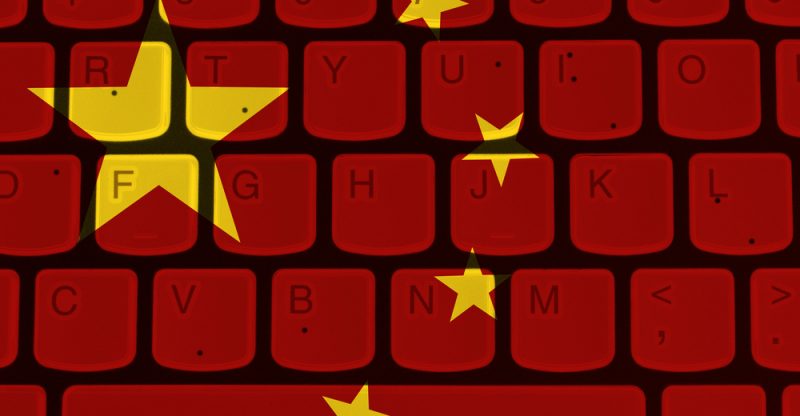China Solicits General Opinion On Draft DLT Regulations
It was announced by the Cyberspace Administration of China (CAC) that feedback from the general public, on draft rules recently published for the regulation of projects, will be accepted through Nov. 2.
According to the CAC, the rules were designed to uphold national security and protect the interests of companies and the general public, as the blockchain industry is being developed. The guidelines require all DLT users to register with their real name, and all blockchain companies in China have the obligation to store user data for government inspection for periods of up to six months.
The CAC said in the document that: “Blockchain-based service providers should work with the authorities to carry out supervision and inspection, and provide the necessary data and technical assistance.”
The CAC wants blockchain-based service providers to register the first 10 days of starting their businesses. Companies in that category are expected to record the names and server addresses of their customers. In case they provide incorrect information to the authorities, they might be suspended. Those that fail to comply with the rules applying to the rectification process on issues related to incorrect customer information in the laps of time provided may also have their licensed revoked.
Apart from the strict monitoring and reporting requirements from the CAC, the DLT industry is also expected to develop its own standards and best practices. It has called for the “blockchain industry to strengthen self-regulation and set up industry standards, educate service providers, and promote the industry credit rating system.”
There has been a lot of reactions LT sector, concerning the newly proposed regulations. The vice president of Renmin University of China Law School, Yang Dong, warned that the legislation could prevent innovation.
“This will only bring undesirable obstacles and difficulties to entities’ innovation activities,” he said. “Blockchain technology should be neutral. The necessity of the draft policy should be doubted.”
According to a doctorate student and founder of the Shanghai Jiao Tong University Blockchain Hub, Tamar Menteshashvili, the proposed regulations are at odds with the government’s support for the blockchain industry. She equally warns about the additional financial burdens on blockchain startups that can arise from the new procedures they might need to introduce so as to meet legal requirements.
She said: “While the Chinese government has been very supportive of blockchain technology … the whole industry is under the strong supervision of the authorities and (is) as closely controlled as possible.”
Billy Chan, the chief executive officer of Dropchain, has a different opinion on the issue. He said the proposed guidelines shouldn’t be solely seen in a negative light.
“It’s not fair to say the government is stifling blockchain,” Chan said. “Instead, they’re trying to hold people accountable.”





